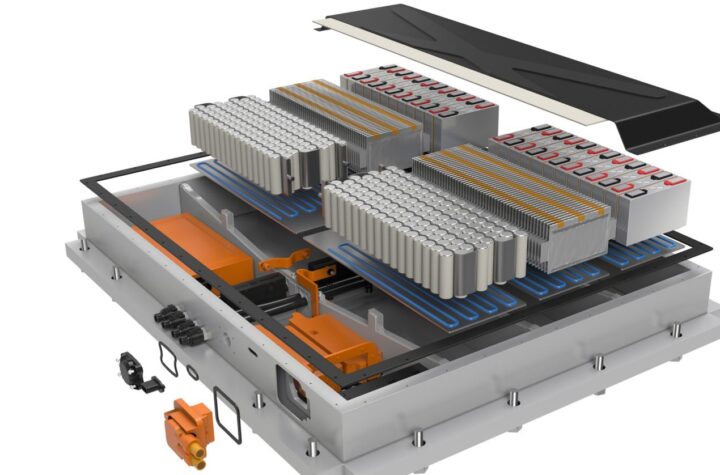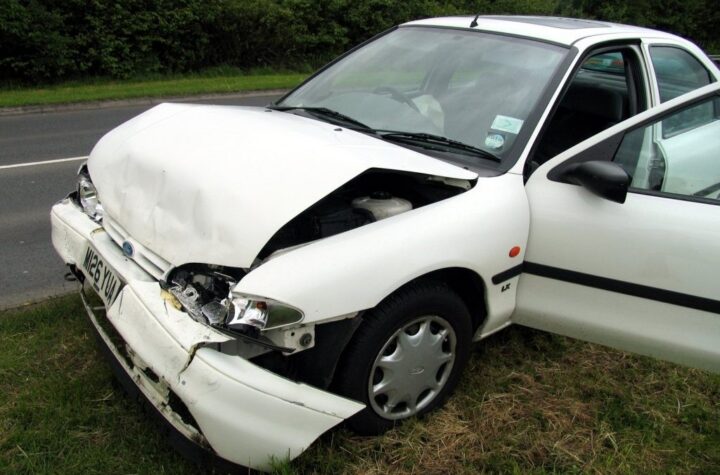
Driven by demand for high-performing batteries for the growing start-stop and micro-hybrid automotive market, a new European research collaboration between two leading academic institutes will use tailor-made carbons and utilize advanced physical and electrochemical techniques to study key performance indicators for lead battery technology.
The partnership between the Fraunhofer Institute for Silicate Research (Fraunhofer ISC) and Wrocław University of Science and Technology (WUST) has been facilitated by the Consortium for Battery Innovation (CBI), the world’s only research hub dedicated to advanced lead battery technology.
Dr Alistair Davidson, Director of CBI, said: “Responding to market demand from the automotive sector, this new research project is building on collaborative workshops organized by the Consortium in partnership with OEMs and car companies over the last few years.”
“It’s one of a new set of exciting projects aiming to enhance the performance of lead batteries to meet the technical requirements of start-stop and micro-hybrid vehicles.”
The 2-year project involves Fraunhofer ISC, a long-standing partner of the Consortium and one of the leading Bavarian centers for material-based research and development in the fields of energy, environment and health, and WUST, one of Poland’s leading technical universities.
The research project will explore the fundamental properties of carbon additives with focus on surface functional groups, and the effect they have on lead battery performance. Specifically, it will look at the impact on key performance indicators in lead batteries:
* Cold cranking amperage (CCA): The high discharge pulse power responsible for starting a car, rated at -18 °C for 30 seconds.
* Dynamic charge acceptance (DCA): The ability of a battery to accept instantaneous energy during charging.
* Hydrogen evolution reaction (HER): The side reaction occurring on a negative electrode surface which accelerates the electrolyte loss.
Studies of these three performance indicators will utilize screening techniques combined with tailor-made carbons to examine how carbon chemistry interacts with lead and other common additives.
Carbons are a popular additive for enhancing battery performance, and this research project is building on existing research by using innovative techniques to conduct in-depth exploration of additive effects.
This knowledge is essential for improving the DCA of lead batteries and increasing their uptake in start-stop, micro and mild-hybrid applications, one of the fastest growing automotive markets worldwide and a vital market for delivering cleaner mobility.
CBI’s technical roadmap has identified improving DCA performance as one of the vital research goals essential to continuing the innovative advancements in lead battery technology for both energy storage and automotive applications.
About CBI:
The Consortium for Battery Innovation is the world’s only global pre-competitive research organization funding research into lead batteries for energy storage, motive and automotive applications. For more than 25 years, with its global membership of battery manufacturers, industry suppliers, research institutes and universities, CBI has delivered cutting-edge research pushing the boundaries of innovation in lead battery technology, setting the standard for advanced lead batteries and the next generation of energy storage. For more information, visit our website: www.batteryinnovation.org
CBI, in collaboration with the European Committee for Electrotechnical Standardization (CENELEC), is holding a workshop bringing together global technical experts from the advanced lead battery and automotive industries to discuss testing methods and research challenges. Following successful DCA & Heat workshops held in the last few years, the next virtual workshop will be held on 17-19 November 2020.












More Stories
DuPont materials science advances next generation of EV batteries at The Battery Show
Cybord warns of dangers of the stability illusion
How Modern Power Management Enhances Connected Fleet Tech